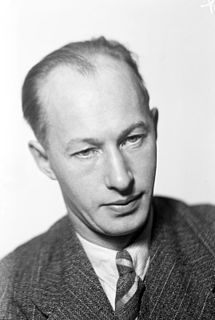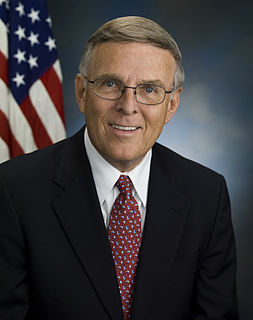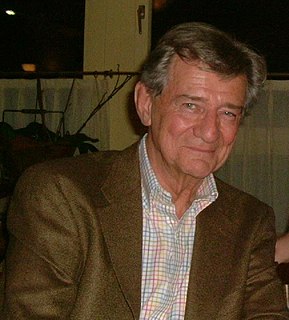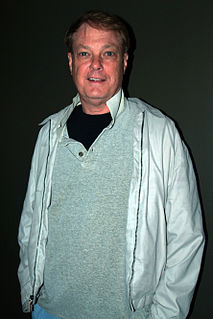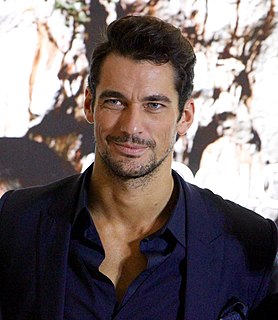A Quote by Marilyn vos Savant
Be able to describe anything visual, such as a street scene, in words that convey your meaning.
Related Quotes
I'm very concerned with questions of language. This is what I think of when I think of myself as a writer: I'm someone who writes sentences and paragraphs. I think of the sentence - not only what it shares but, in a sense, what it looks like. I like to match words not only in a way that convey a meaning, possibly an indirect meaning, but even at times words that have a kind of visual correspondence.
Pictures are the idea in visual or pictorial form; and the idea has to be legible, both in the individual picture and in the collective context - which presupposes, of course, that words are used to convey information about the idea and the context. However, none of this means that pictures function as illustrations of an idea: ultimately, they are the idea. Nor is the verbal formulation of the idea a translation of the visual: it simply bears a certain resemblance to the meaning of the idea. It is an interpretation, literally a reflection.
The advice I would give to any photographer - young, old or in-between - is to explore anything visual because this is, after all, how you express your artistry. Look at paintings, movies, drawings, sculptures - look at anything visual and try to integrate that into your visual sense. After that, go out and take pictures and keep on taking pictures!
What is the good of words if they aren't important enough to quarrel over? Why do we choose one word more than another if there isn't any difference between them? If you called a woman a chimpanzee instead of an angel, wouldn't there be a quarrel about a word? If you're not going to argue about words, what are you going to argue about? Are you going to convey your meaning to me by moving your ears? The Church and the heresies always used to fight about words, because they are the only thing worth fighting about.
For me, the perfect film has no dialogue at all. It's purely a visual, emotional, visceral kind of experience. And I think one can create wonderful depth and meaning and communication without using words. I started out as an illustrator and a cartoonist and caricature artist, so for me the visual is primary.



